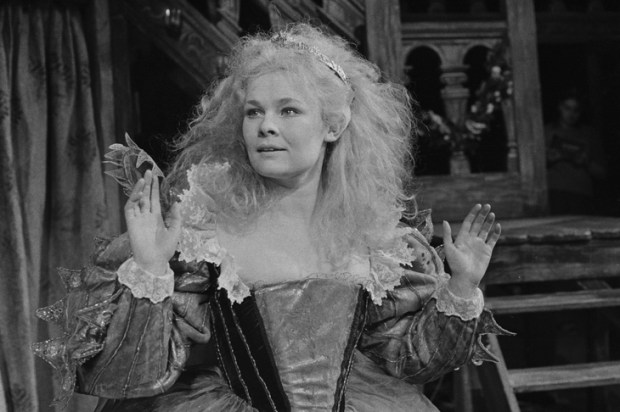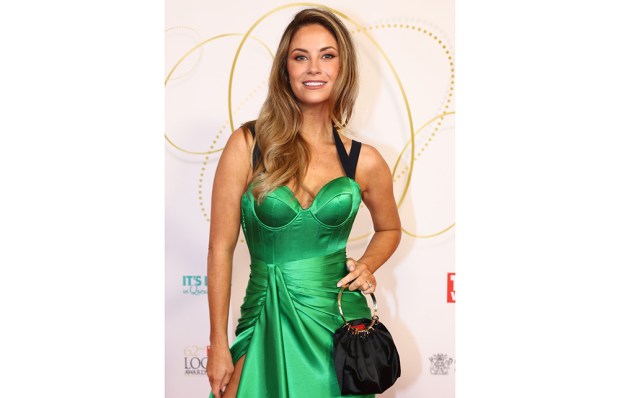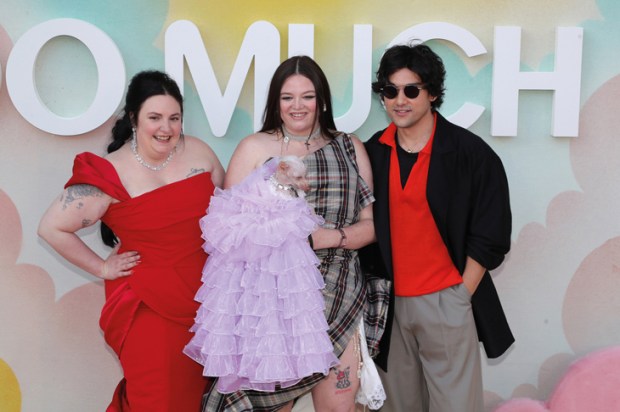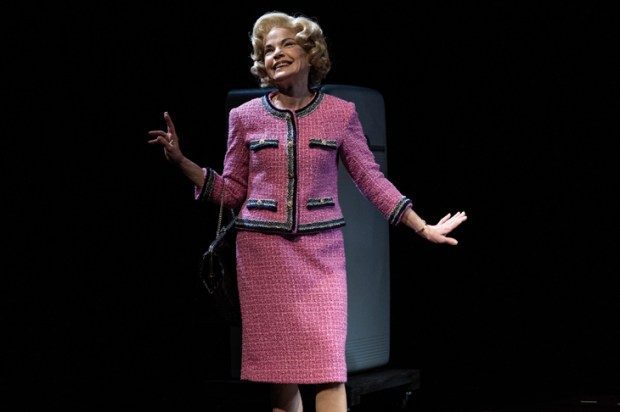The Melbourne Symphony Orchestra kicks off its 2023 season with a sumptuously ambitious gala concert on the evening of Friday 24 and then repeated on Saturday 25 at 2pm, both in Hamer Hall. The programme is conducted by the chief conductor Jaime Martín with the soloist-in-residence Siobhan Stagg and there will also be a new work by the resident composer Mary Finsterer which is a meditative homage to the polyphonic music of the Renaissance. Inevitably a lot of the excitement generated from this concert comes from the way it highlights the work of two of the titans of late Romantic music Richard Strauss and Mahler. The standard line about these two is that Mahler barely touched opera whereas Strauss did little else in a career that encompassed the great orchestral tone poems, the iconoclastic modernism of Salome and Elektra through to the gorgeous lyricism and sparkle of Der Rosenkavalier and beyond. The Four Last Songs (Vier letzte Lieder) which Siobhan Stagg will be performing are arguably Richard Strauss’s supreme tribute to the beauty and power of the female voice and they seem to sum up his view of the glory and heartbreak of human existence. They were performed posthumously in 1950 with Furtwängler conducting and the great Wagnerian Kirsten Flagstad as the singer and there’s something astonishing about the fact that such artistic majesty and serenity could emerge from Germany in the wake of the horrors physical and moral of World War II. Strauss was – quite wrongly – accused of complicity with the Nazis, who were hugely suspicious of his collaboration with the Jewish writer Stefan Zweig who did the libretto of Die schweigsame Frau and they kept a close watch on this independent aristocratic character who had a Jewish daughter-in-law. When some naive GI came upon him at the end of the war and accused him of being a Nazi he said, ‘Don’t be ridiculous, I am the author of the Der Rosenkavalier.’ By the grace of God he was cleared of all suggestions of complicity the year before he died. His great love affair was with the female voice and his supreme mastery of counterpoint and his desire to fuse the melodic line with the dramatic utterance is on ample display in the most famous recording of Four Last Songs, the one with Elizabeth Schwarzkopf conducted by George Szell.
Mahler died nearly 40 years before his contemporary Strauss and his Fifth Symphony – which dates from 1903 – is full of premonitions of tragedy in juxtaposition with disconcerting bursts of hectic gaiety. There’s a deliberate happiness in uneasy balance with an apprehension of the darkness of the world though the lushness in the registration of different incongruous moods has its own magic. Some people think Leonard Bernstein is the greatest interpreter of Mahler’s Symphony No. 5 because of the vivacity and vibrancy he brings to its whirling mood shifts. A further interest is that this very volatile work of Mahler – is it a bridge too far to say that it’s like a premonition of a Europe headed towards Hitler? – is also integral to the current film Tár for which Cate Blanchett has been nominated for another Oscar and in which she displays the dark side of a great creative spirit.
That’s not a quality you would automatically associate with Tom Stoppard who is the most highly regarded living English dramatist and who is being interviewed first in a filmed interview with Glyn Davis together with his biographer Hermione Lee and then in a live crossover that also includes director Simon Phillips and playwright Suzie Miller (of Prima Facie fame). Glyn Davis is the former vice-chancellor of Melbourne University who is now the Secretary of the Department of the Prime Minister and Cabinet. It will be fascinating to see a man of such considerable administrative experience talking to a shy old charmer like Stoppard and it’s a splendid thing that they’re being joined in the pre-recorded segment by Hermione Lee whose 2020 biography of the playwright must be one of the finest lives ever done of a living writer, a superlative page-turner.
When the author of Rosencrantz and Guildenstern Are Dead and Arcadia hit the big time with the Broadway production of The Real Thing – which had Jeremy Irons and Glenn Close as the leads with Mike Nichols directing – the New Yorkers asked Stoppard if he was Jewish and he replied ‘Jew-ish’. In fact his mother had done everything in her power to hide from her Jewish background and it was only after her death that Stoppard himself started to investigate it and to identify with his Jewish inheritance. One fruit of that is his mammoth exploration of Viennese Jewry from the late 19th century to the atrocities of Hitler. Leopoldstadt first appeared in 2020 but then had to close because of Covid. It was revived in London and has been a huge hit in New York. There is an NT Live version of it which has been shown here very briefly but it would be marvellous if it could be put on again to coincide with Louise Adler’s extraordinary-sounding Adelaide Festival Writers’ Week with its Jewish guests, its Palestinian guests, its Ukrainian representation: a huge contradictory smorgasbord worthy of the publisher of Mark Latham, Tony Abbott and Louise Milligan.
One day someone should make a film about that extraordinary Jewish, quintessentially Viennese figure, Gustav Mahler. Is it possible that Russell T. Davies, the doyen of television scriptwriting, could be interested? The man who wrote the script for Stephen Frears’ A Very English Scandal with Hugh Grant, who did the original British Queer As Folk and that heart-rending drama It’s a Sin with Keeley Hawes as the mother of an Aids-afflicted son.
Now he’s done Nolly in which Helena Bonham Carter plays Nolly, Noelle Gordon, who was arbitrarily sacked from Crossroads, the soap she was the star of, in 1981. Helena Bonham Carter gives a dazzling performance as the bewildered star who was ejected like a bad taste in the mouth by a world of ghastly men. She is radiant, she is luminous, she is bewildered out of her wits. She is brilliant through every blousy incarnation of her bereftness. It is a magnificent performance even though it is a drawn-out march towards death.
Got something to add? Join the discussion and comment below.
You might disagree with half of it, but you’ll enjoy reading all of it. Try your first month for free, then just $2 a week for the remainder of your first year.













